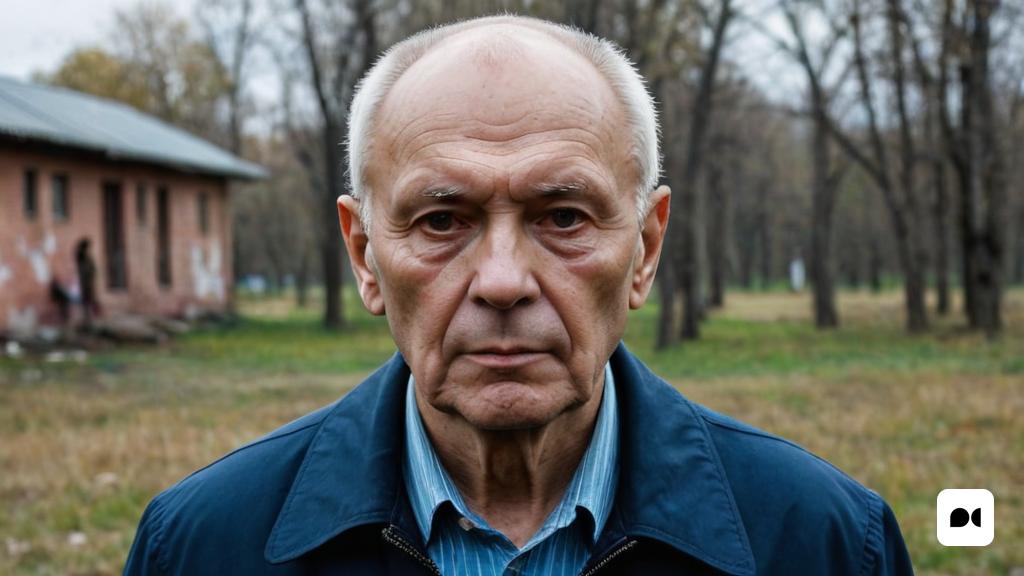The Legacy of Andrey Chikatilo
Andréi Chikatilo is remembered as one of the worst serial killers of the former USSR. During the 1970s, he abandoned his career as a school teacher after being accused of pedophilia. Later, as an employee of a state-owned company, he used corporate trips as an opportunity to commit a series of murders, mainly of children, leaving a trail of sadism that earned him the nickname ‘Butcher of Rostov’.
The Soviet context
Despite evidence linking him to several murders, Chikatilo was released in late 1984, in part due to the Soviet perception that serial killers were a phenomenon of capitalism, foreign to their system. This decision allowed Chikatilo to continue committing crimes for six more years, until his final arrest in 1990, at which time it was discovered that he had carried out more than fifty murders.
The phenomenon of true crime
The case of Andréi Chikatilo has been the subject of numerous documentaries, journalistic works and a film, reflecting the fascination with true crime, a genre that has gained popularity in the audiovisual field. Carles Porta, a renowned journalist, has contributed significantly to this phenomenon with his program Crims on Catalunya Ràdio, which has attracted a wide audience.
The evolution of true crime
True crime, previously considered cheap filler for general chains, has experienced a notable growth in popularity, comparable to that experienced by crime novels at the time. Despite the overexploitation of the genre, the demand for shocking and disturbing stories seems to exhaust the available supply.
The moral and ethical impact
The media treatment of certain crimes, such as the Alcàsser case, has generated controversy regarding the ethics and responsibility of the media. The sensational exploitation of personal tragedies has caused irreparable harm to those affected, raising questions about the limits of the representation of violence in the media.
Final thoughts
The human fascination with crime, evidenced by the popularity of true crime, raises moral and ethical questions about the representation and exploitation of real tragedies. The mother of a victim, like Patricia Ramírez, has called for sensitivity and responsibility to not profit from the tragedy of her son, highlighting the complexity of the human condition in its relationship with perversity and compassion.

